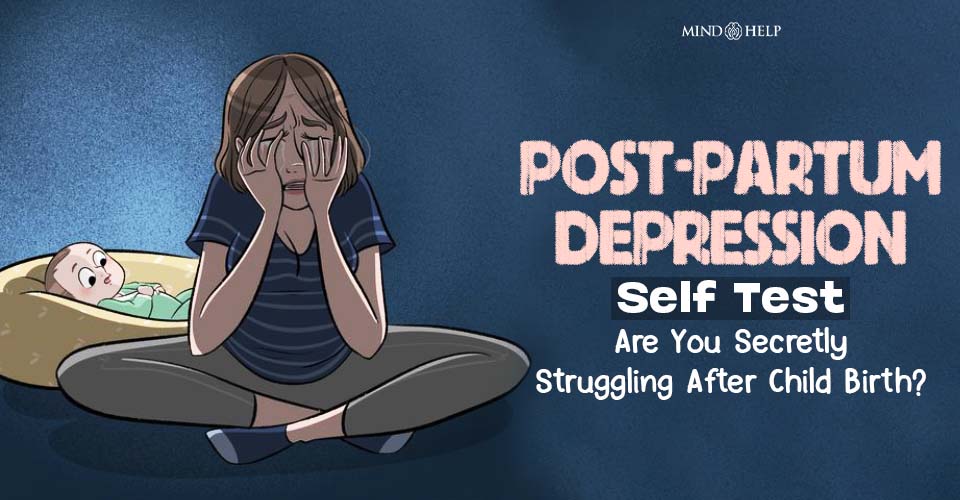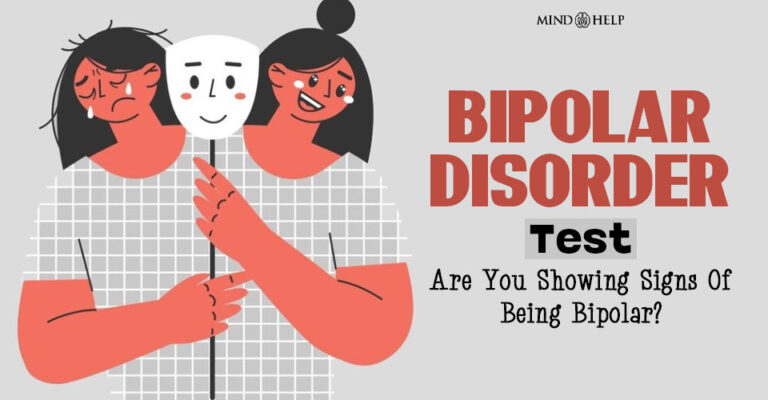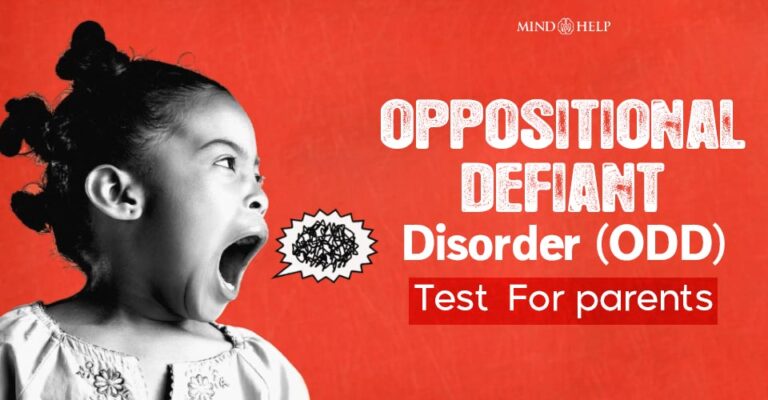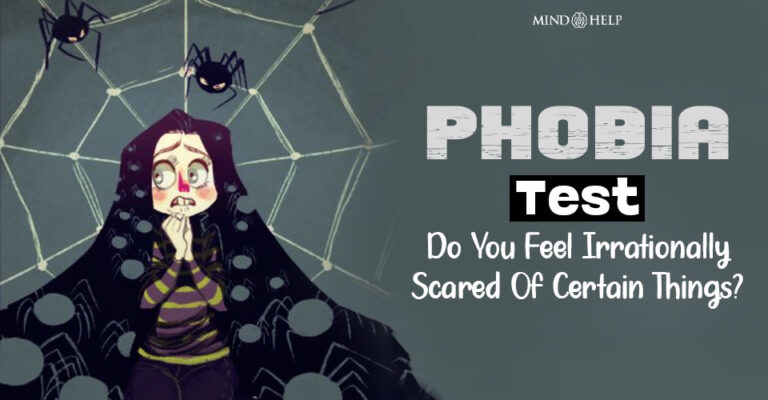Take this online Postpartum Depression Test to find some clarity when your mind is foggy with confusion and unexplained emotions.
Are you having a difficulty to recognize or to acknowledge being depressed or anxious during pregnancy or postpartum?
Use this online test to understand whether you should see a mental health specialist for the diagnosis and care of your postpartum depressive symptoms.
What is Postpartum Depression?
Postpartum depression (PPD) is a type of major depression that affects many women after giving birth. It usually begins within four weeks of giving birth.
Also known as postnatal depression, PPD is a type of mood disorder that manifests as a complex mix of emotional, behavioral and physical changes in new mothers.
Postpartum depression is believed to be caused by the chemical and psychological changes that occur inside a woman’s body while having a baby. Chemical changes involve the sudden change in the hormone levels inside a woman’s body.
During pregnancy, the hormones estrogen and progesterone are at an all-time high, but within a few days of delivery, these hormones drop to what it was before pregnancy.
Many women develop “baby blues”, but in some cases, depression is more severe. Although it is mostly observed in women, this type of depression can affect new dads too.
Studies show that new dads are prone to depression during the first year of becoming a father.
Postpartum Depression Symptoms
People affected by this condition experience intense sadness, anxiety, low energy, sleeping problems, despair and irritability, which may affect their ability to take care of the infant and perform daily tasks.
The treatment and recovery of PPD largely depend on the type of symptoms, the severity of the condition, and the personal needs of the patient.
Therapy, medication and participation in support groups are the primary modes of treatment available for postpartum depression.
Read More About Postpartum Depression Here
Instructions For Taking The Postpartum Depression Test Online
A list of questions is given below that relate to life experiences common among people who have symptoms of postpartum depression. Please read each question carefully, and indicate how often you have experienced the same or similar challenges in the past few months.
Frequently Asked Questions (FAQs)
What is postnatal depression?
Postnatal depression (also called postpartum depression) is a common mood disorder affecting mothers after childbirth. It involves feelings of sadness, anxiety, fatigue, and difficulty bonding with the baby, often lasting weeks or months. Treatment usually includes therapy, support groups, and sometimes medication, with early intervention improving outcomes.
Postnatal depression – how long does it last?
Postnatal depression typically lasts from a few weeks to several months after childbirth, but in some cases, it can persist for a year or longer if untreated. Early diagnosis and treatment help speed recovery and reduce the duration.
What are the signs of PPD?
Signs of postnatal depression (PPD) include persistent sadness, irritability, anxiety, fatigue, difficulty sleeping or sleeping too much, loss of interest in activities, trouble bonding with the baby, feelings of guilt or worthlessness, and changes in appetite. If these symptoms last more than two weeks, professional help is recommended.







